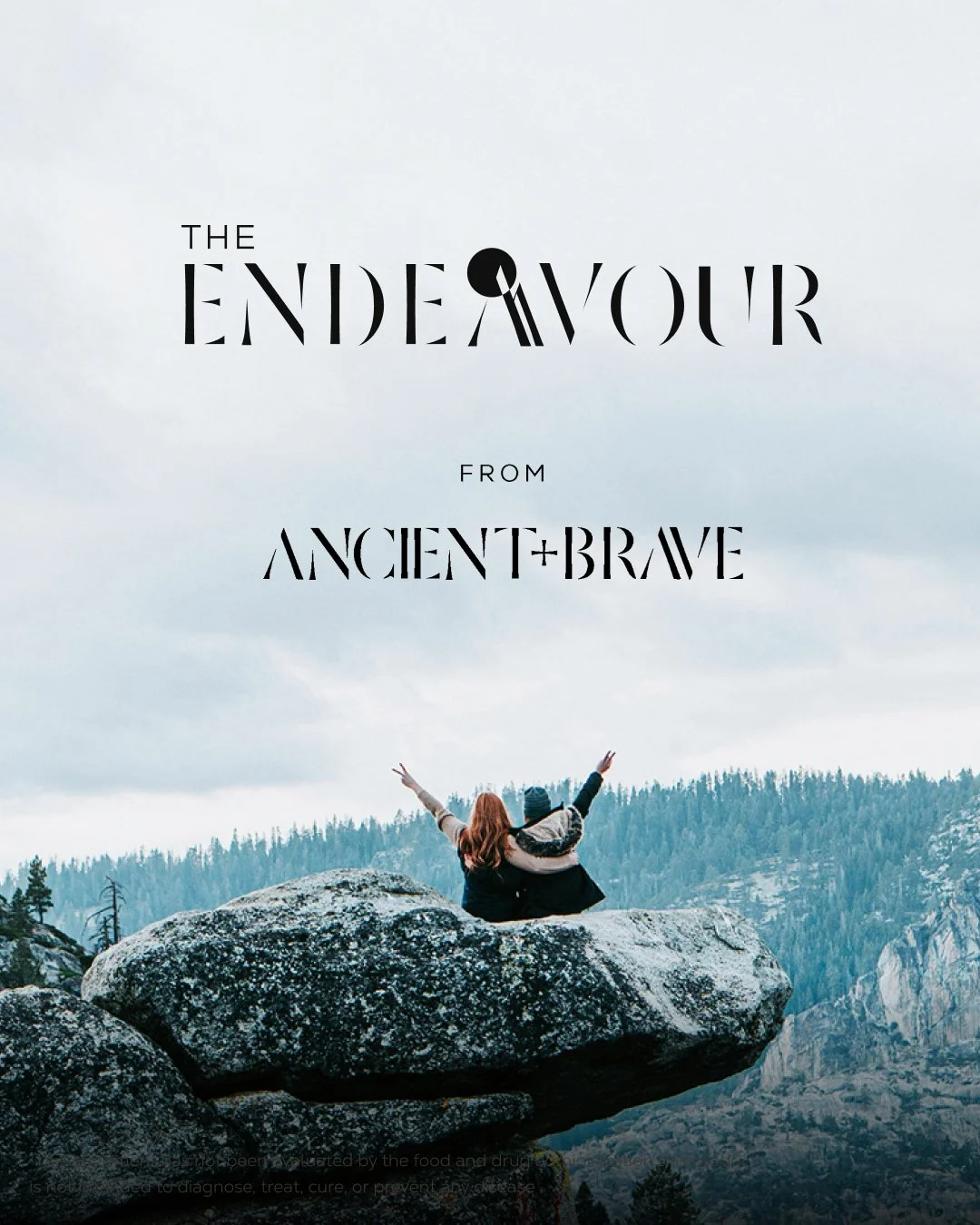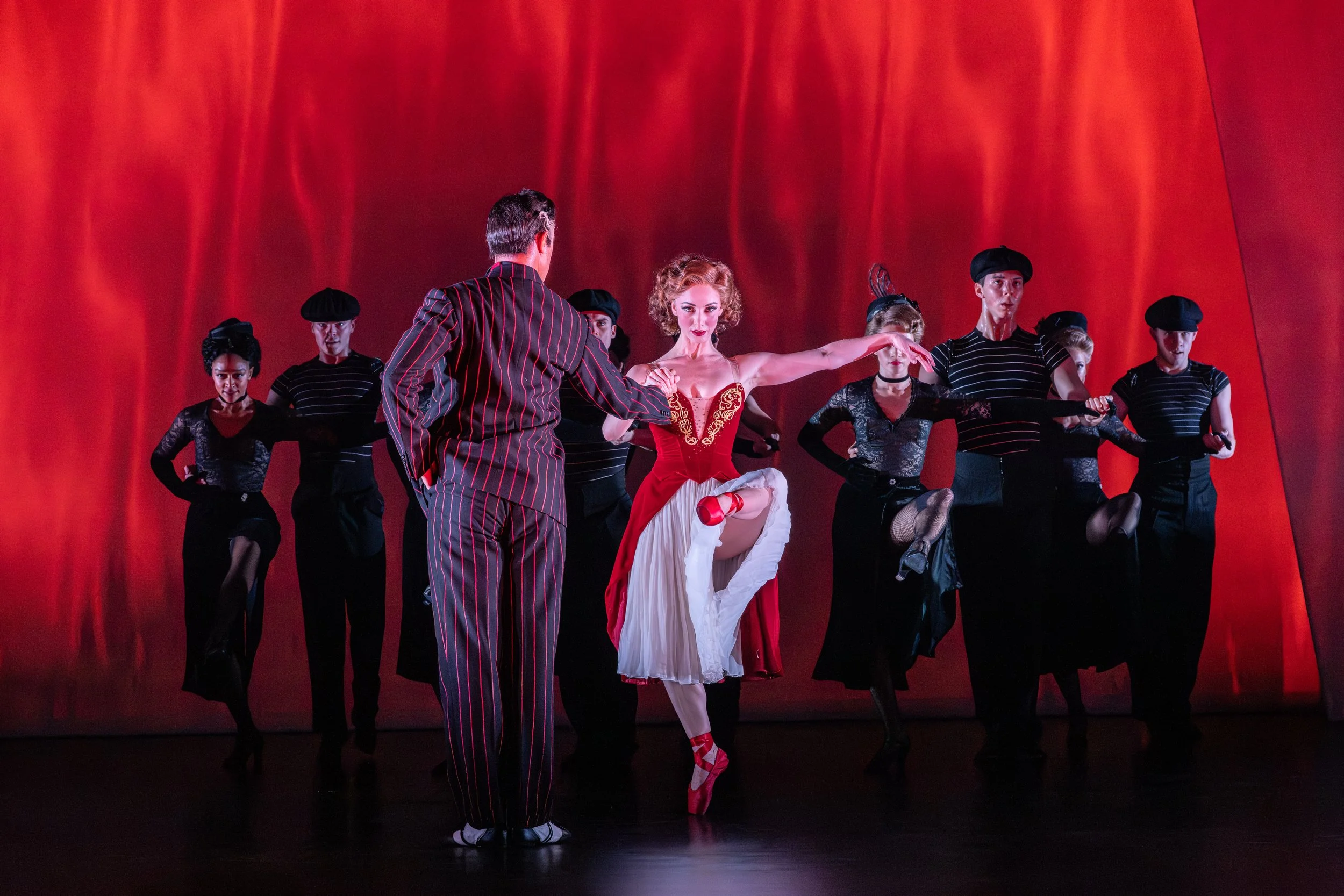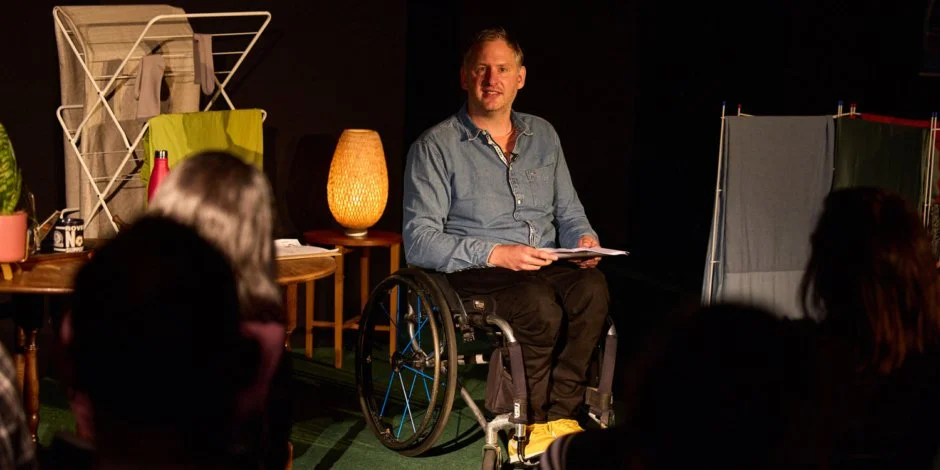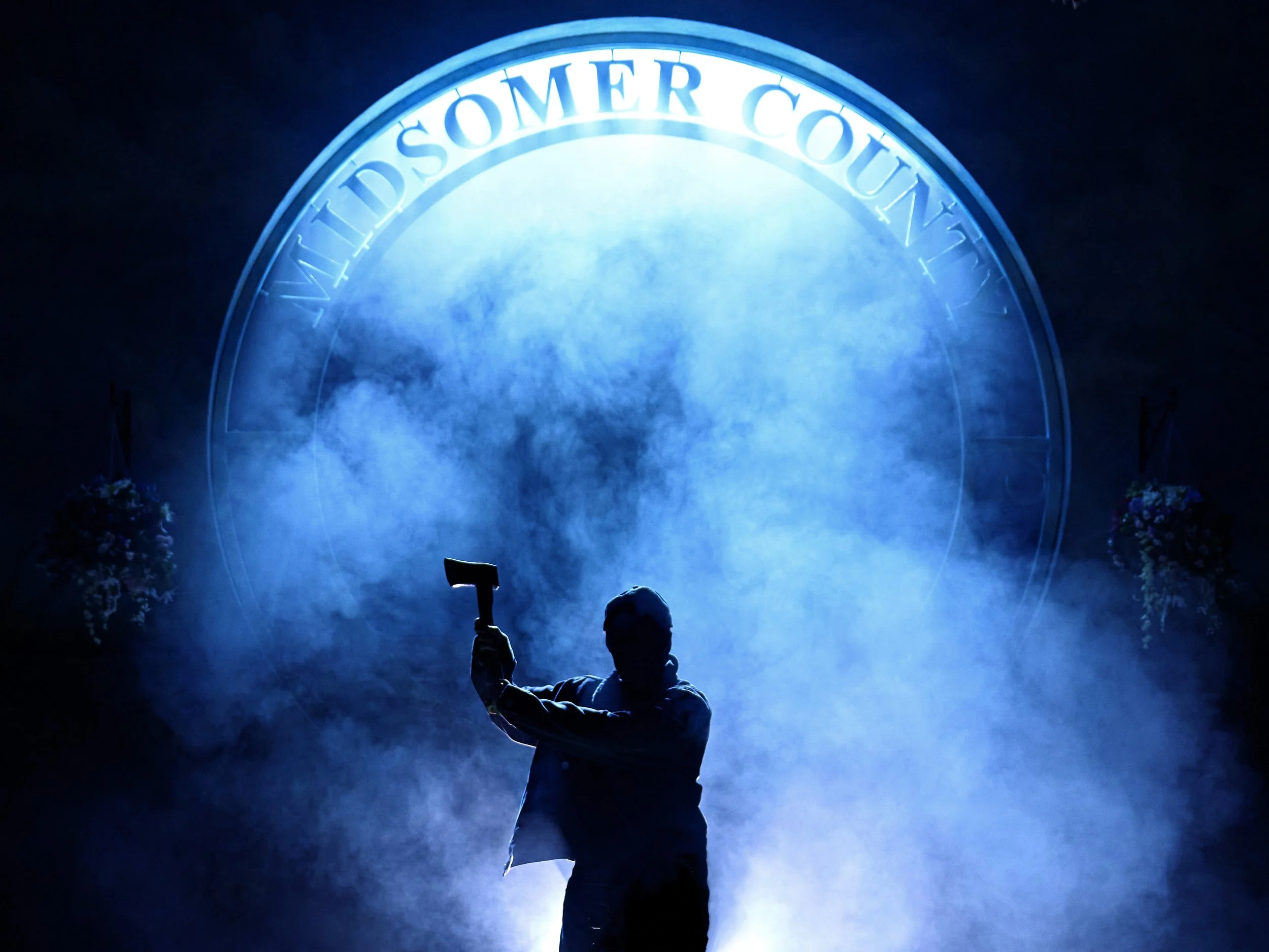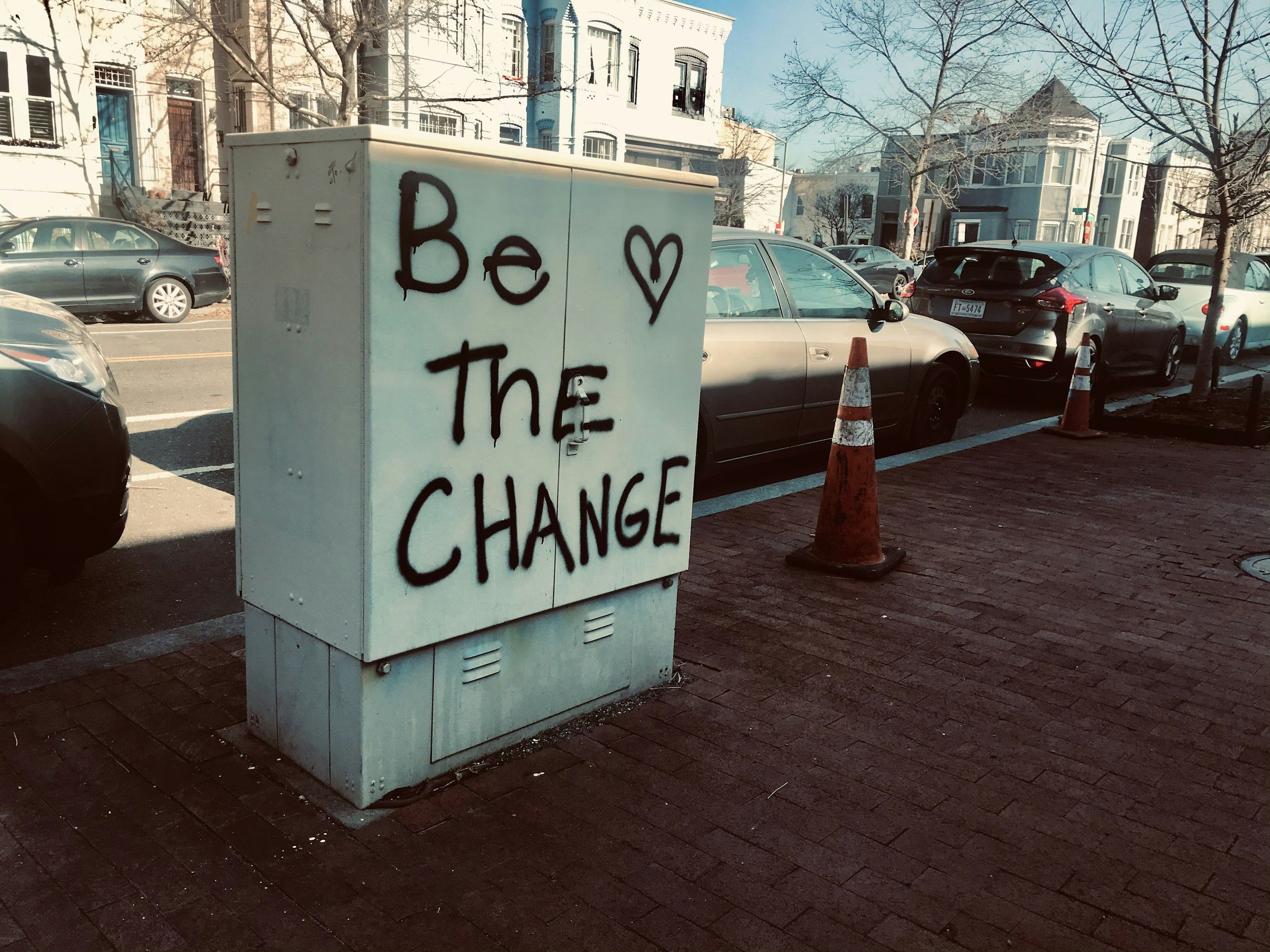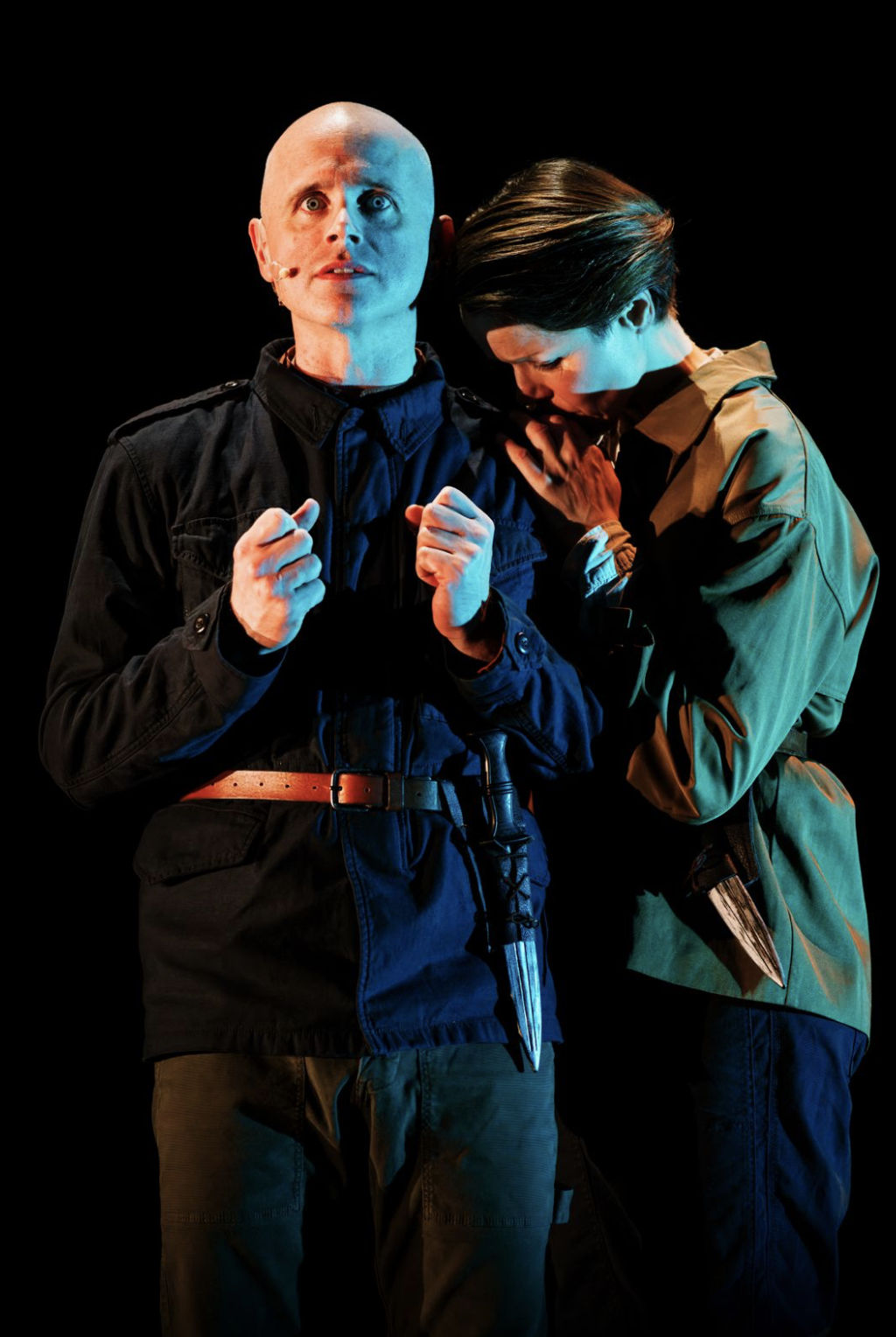World Storytelling Day: Why Stories are for Everyone
From cave people chiselling stickmen onto stone, to your Grandma’s compelling tale about her trip to ASDA, stories and storytelling are a natural part of social behaviour. They’re also a vital ingredient for human development, and this type of learning is not exclusive to those still in school.
In his bestselling book, Into the Woods: How Stories Work and Why We Tell Them, TV producer and script editor John Yorke says:
“Storytelling is an indispensable human preoccupation, as important to us all - almost - as breathing.”
Stories have the power to teach. Without them, our ability to learn falls behind.
One should resist the temptation to associate ‘story’ with ‘child’ or ‘make-believe’. We live in a world of stories - novels, Netflix, songs, political speeches and even this article are all examples of the ‘story format’ (more on that in a moment).
Stories are actually a natural product of human psychology. Our brains are programmed to recognise patterns of information, and assign meaning to these patterns. Instead of a strange recurring face peering over us when we’re babies, we come to recognise our mothers. Jumbled up lines and markings become letters, and letters become the words of our language. The human brain is instinctively inclined to give patterns meanings.
And stories use patterns. Or actually - a story is one pattern. A pattern that goes: beginning, middle and end. Once upon a time, there was a person who wanted something, and in the end, they either got it, or didn’t get it. It’s really as simple as that.
Depending on the reader, watcher, or listener, a different meaning will be assigned to each story, thus, the same story can edify our lives in completely diverse ways.
We all know the message of The Tortoise and The Hare... but what about Pulp Fiction, Pan’s Labyrinth, or Russel T Davies’ most recent success It’s a Sin? We all connect with different aspects of these stories, which is why the lessons we learn from them are so unique. Even religious texts spawn different ‘interpretations’.
It is these infinite ‘interpretations’ of stories that make them such a valuable tool for education in all its contexts across the generations.
Image from Unsplash
In the heart of Leeds, stands a palace of stories and other texts: The Leeds Library. This independent library was founded in 1768 as a proprietary subscription library and is now the oldest surviving example of this sort of library in the British Isles. Fiona Gell, Marketing & Communications Officer at the library (and story expert), tells me why she thinks stories are for all ages.
“The human race has been telling stories from its very beginnings. You can see it in the cave paintings and indigenous art that’s all over the world. Storytelling also allows you to be creative and use your imagination no matter where you are, who you are or what you’re doing. It enables you to connect with people, share your ideas and spread knowledge.
That ability to connect through stories has never been more important than in this past year… And what person doesn't like being whisked off to some faraway place in their imagination, away from life's often harsh realities?”
Indeed, these past 12 months have left many of us in dire need of an alternate reality. With the obvious increase of TV and movie streaming since last March, stories are currently our best friends.
The Leeds Library. Photo cred: Izzy Brittle
I asked Fiona what story-related resources The Leeds Library are offering in the current situation.
“Before the pandemic hit, we had a very busy and popular events programme which included literature, music, opera, dance, theatre and a whole lot more. When that programme was no longer possible, we took some of our regular events online like our Book Club, Lockdown Quiz night, and our monthly lunchtime poetry conversation ‘Nowt But Verse’.”
“We also take part in festivals such as Light Night and Heritage Open Days, and we’re really proud to be a founding partner in Leeds Lit Fest... There really is something for everyone to enjoy and to help banish those lockdown blues!”
And so, in a time where our physical reality seems slender, why not take advantage of the utterly limitless fantasies that stories can offer us? Learning is not exclusive to classrooms. It really is as simple as Once Upon a Time...
Disclaimer: We have an affiliate deal with Amazon and Audible to keep City Girl Network Magazine running. You can also support us via Patreon or a one-off donation.
Written by Annabel Chadwick





